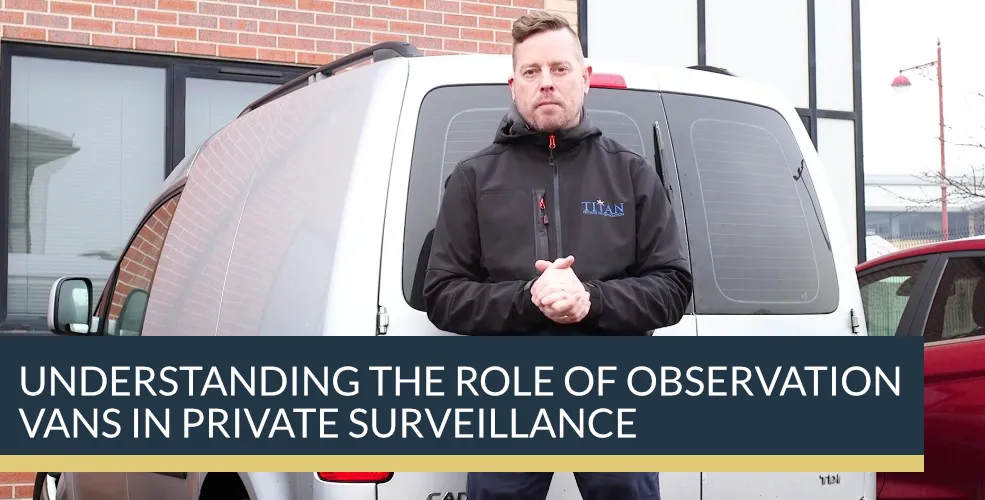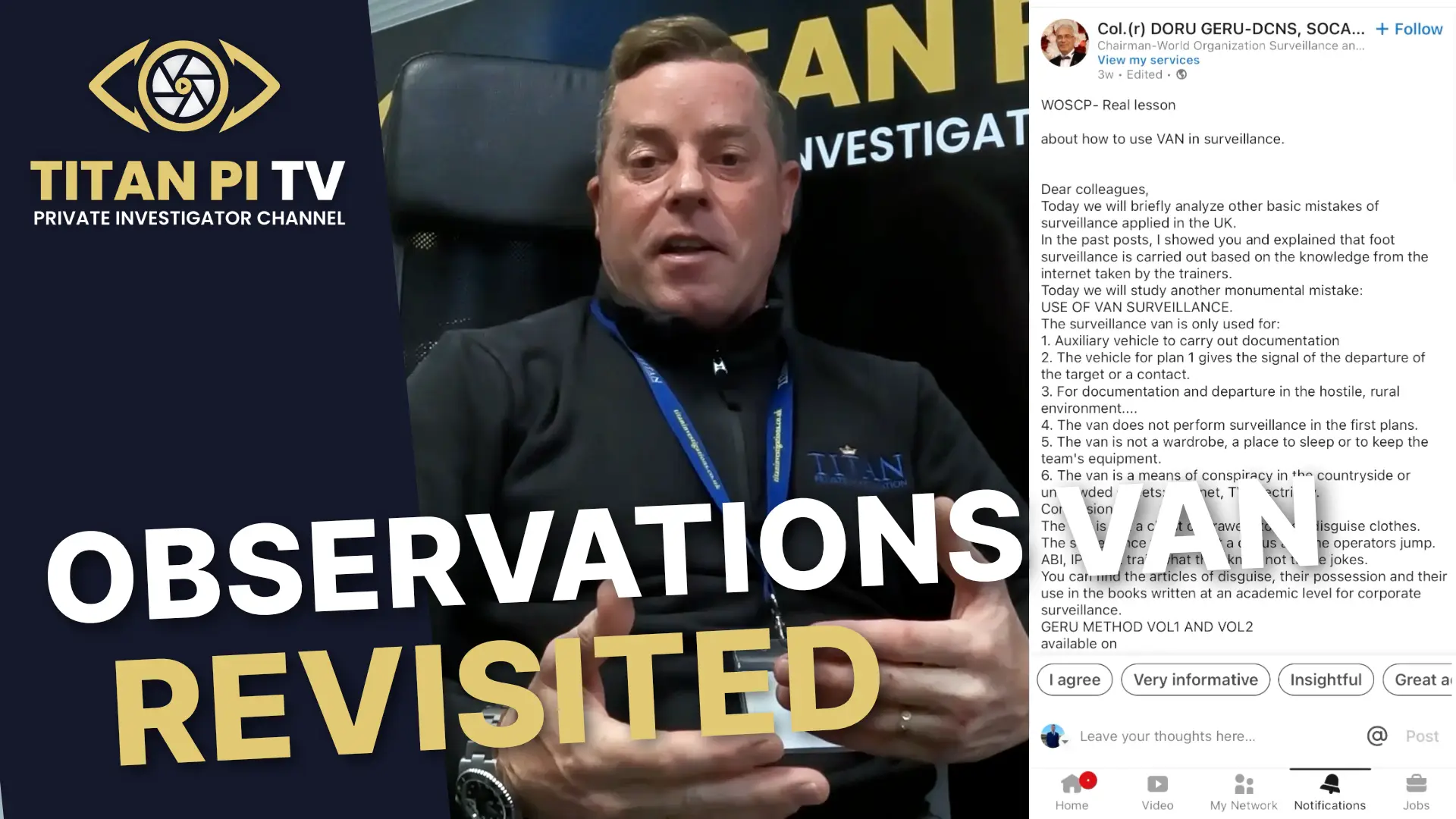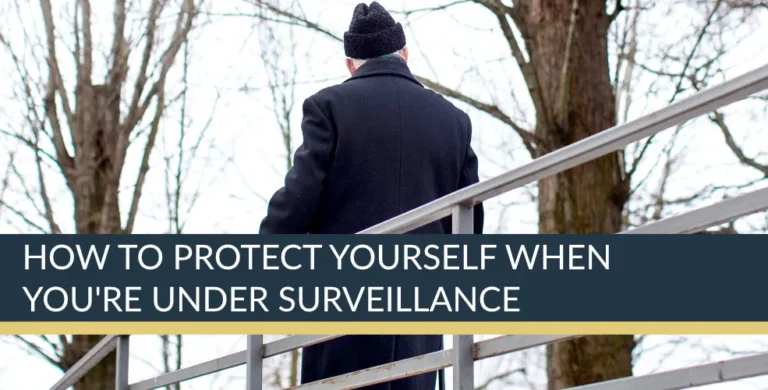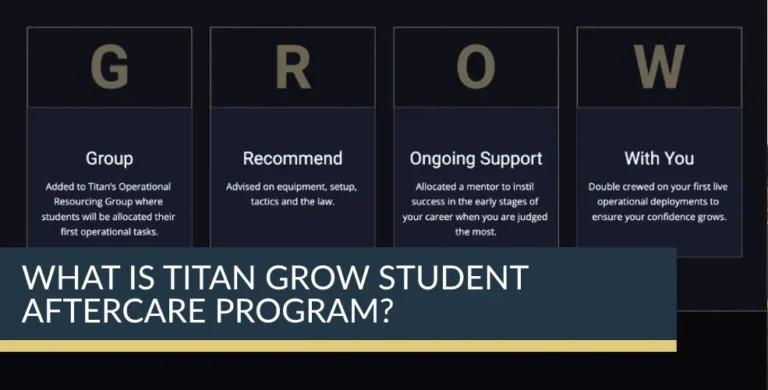Understanding the Role of Observation Vans in Private Surveillance
The role of observation vans revisited
Observation vans are an essential asset in private surveillance, uniquely tailored to support private investigators as they navigate a wide range of investigative demands. Unlike the dramatic portrayals often seen in popular media, these vehicles aren’t about high-speed pursuits or elaborate spy gadgets. Instead, they are focused on providing a discreet, mobile base for investigators to observe and gather intelligence efficiently. In this post, we’ll explore how private investigators use observation vans, the differences between private and government surveillance, and the strategies that make these vehicles so effective in real-world operations.
The Purpose of Observation Vans in Private Investigations
Observation vans in private surveillance are all about covert, low-profile observation. Private investigators rely on these vehicles to monitor a subject’s movements discreetly, gathering evidence that can support legal cases, uncover insurance fraud, or document behaviour in family law cases, to name a few examples. These vehicles allow investigators to observe without intruding, maintaining an invisible presence that is vital to avoiding detection.
While government surveillance vans might be equipped with cutting-edge technology and have dedicated teams for specific roles, private investigation observation vans serve multiple functions and require adaptability. In many cases, private investigation firms don’t have the luxury of using specialised, high-cost vehicles solely for surveillance. Instead, they need flexible vehicles that can be repurposed, ensuring that resources are used effectively.
This adaptability is a defining characteristic of private investigators, who often work within tight budgets. A vehicle that can seamlessly transition from day-to-day transportation to a functional surveillance van is invaluable. Private investigators need to consider not only the van’s functionality but also its ability to blend into the environment – a key feature for effective observation.
Private Surveillance vs. Government Surveillance: Key Differences
The differences between private and government surveillance approaches are vast, stemming largely from the resources and support available to each. Government teams typically operate with large, dedicated groups, with each person assigned a specialised role within a high-tech surveillance unit. A government surveillance operation might involve over a dozen operatives, all focusing on specific tasks, from monitoring screens to analysing intelligence. Their vehicles are often equipped with sophisticated tools: advanced cameras with long-range zoom, direct connections to citywide surveillance networks, and even satellite communication capabilities.
Private investigators, however, usually work in much smaller teams – sometimes even solo. With limited resources, private surveillance often involves creative, on-the-spot decision-making to stay effective and undetected. An observation van in this setting isn’t necessarily equipped with the same level of technology as a government surveillance vehicle, but it serves as a centralised, flexible base for the investigator. Cameras, binoculars, and perhaps basic recording devices are the norm, with a focus on portability and ease of use. Although private observation vans may not have direct connections to large surveillance networks, they are often equipped with mobile devices and apps that allow investigators to stay connected with support teams and access necessary data remotely.
While government surveillance vehicles tend to remain stationary in a covert location for extended periods, private investigators frequently need to move and adapt quickly. Private observation vans must not only stay hidden but also blend into the natural flow of traffic and surrounding environments. This mobility is often a necessity in private cases, where investigators may need to follow a subject from location to location, tracking their movements across diverse settings.
Technology in Observation Vans: Tools of the Trade
Government surveillance vans are equipped with some of the most advanced technology available, designed to track and monitor subjects from significant distances and with a high degree of precision. These vehicles typically have:
- High-definition LCD screens for real-time video monitoring
- Cameras with extreme zoom capabilities to capture detailed images from afar
- Satellite communication equipment for secure transmissions
- Connections to city surveillance cameras for enhanced monitoring
In private investigations, the technology is more streamlined and often compact, chosen for functionality rather than complexity. Surveillance vans may be equipped with:
- Dash cams and mounted cameras that can record the subject’s movements discreetly
- Binoculars and handheld cameras to capture essential evidence at close range
- Mobile devices with secure apps, like Signal or encrypted communication tools, to communicate safely with the team
- Laptop or tablet with GPS tracking capabilities to help track a subject’s location
While private investigators may not have the same technical arsenal as government teams, these tools offer the necessary support for most private investigation cases. Importantly, this technology is portable and adaptable, allowing investigators to transition from the van to other settings seamlessly if needed.
Using Various Vehicles in Surveillance Operations
For many cases, private investigators don’t rely solely on observation vans. They may use a variety of vehicles depending on the specifics of the operation. Cars, motorcycles, or even bicycles can be useful in certain situations, especially when discretion is paramount. The term “observation van” might evoke images of large, conspicuous vehicles filled with gadgets, but in reality, private investigators favour vehicles that won’t attract attention and can blend seamlessly into any environment.
When a van is in use, it is not only a hub for observation but also a self-contained base of operations. Investigators must prepare for the long hours involved in a stakeout. They need to carry essentials like food, water, and sometimes even sleeping arrangements, especially for cases that require extended observation. Private investigators also use subtle props, such as clothing changes or magnetic signs, to transform the vehicle’s appearance when necessary, helping it look like a delivery van or a standard commercial vehicle instead of a surveillance operation.
Adaptability: A Key to Success in Private Surveillance
A common challenge for those transitioning from government roles to private surveillance is adapting to the versatility and self-sufficiency that private work demands. In government surveillance, operatives are used to large teams where each person has a specific duty, whereas private investigators need to be more flexible and capable of handling various aspects of a case independently.
Resourcefulness is essential, as private investigators can’t rely on the same level of support as in government roles. They must make decisions on the spot, finding ways to solve problems with limited backup. This transition can be challenging but rewarding, as private investigators develop a broader skill set and a greater capacity to think on their feet. The ability to adapt quickly and use available resources creatively is what makes a successful private investigator, particularly when working with observation vans in a smaller team setting.
Conclusion: Observation Vans in Private Investigations
Observation vans are invaluable assets in private investigations, offering a versatile, low-profile platform for gathering intelligence. While they may differ significantly from government surveillance vehicles, private observation vans embody the adaptability and resourcefulness that define successful private investigators. As private investigation continues to evolve, so too does the role of observation vans, which remain critical to conducting discreet and effective surveillance.
For those interested in the field of private investigation, observation vans represent an exciting aspect of the profession, combining the challenges of covert operations with the creativity needed to succeed in a resource-constrained environment. By mastering the use of these vehicles, private investigators can maintain a strong presence in the field, adapting to new challenges and ensuring that their operations stay both effective and undetected.
Train with to become a Surveillance Operative
For further advice and information about becoming a Private Investigator or Covert Surveillance operative, then please feel free to speak to one of our professional team at one of the offices nearest to you.
London Surveillance Operator Training – Call the Titan Investigations London Office 020 39046622
Birmingham Surveillance Operator Training – Call the Titan Investigations Birmingham Office 0121 7162442
Cambridge Surveillance Operator Training – Call the Titan Investigations Cambridge Office 01223 662022
Derby Surveillance Operator Training – Call the Titan Investigations Derby (Head Office) 01332 504256
Leeds Surveillance OperatorTraining – Call the Titan Investigations Leeds Office 0113 4574066
Leicester Surveillance Operator Training – Call the Titan Investigations Leicester Office 0116 2436520
Nottingham Surveillance Operator Training – Call the Titan Investigations Nottingham Office 0115 9646950
Manchester Surveillance Operator Training – Call the Titan Investigations Office 0161 3023008
Sheffield Surveillance Operator Training – Call the Titan Investigations Sheffield Office 0114 3499400
Truro Surveillance Operator Training – Call the Titan Investigations Truro Office 01872 888706
Alternatively, you can contact us directly using our fully confidential contact form at enquiries@titaninvestigations.co.uk or chat directly using our Live Chat facility and one of our surveillance training course team will get right back to you.




















